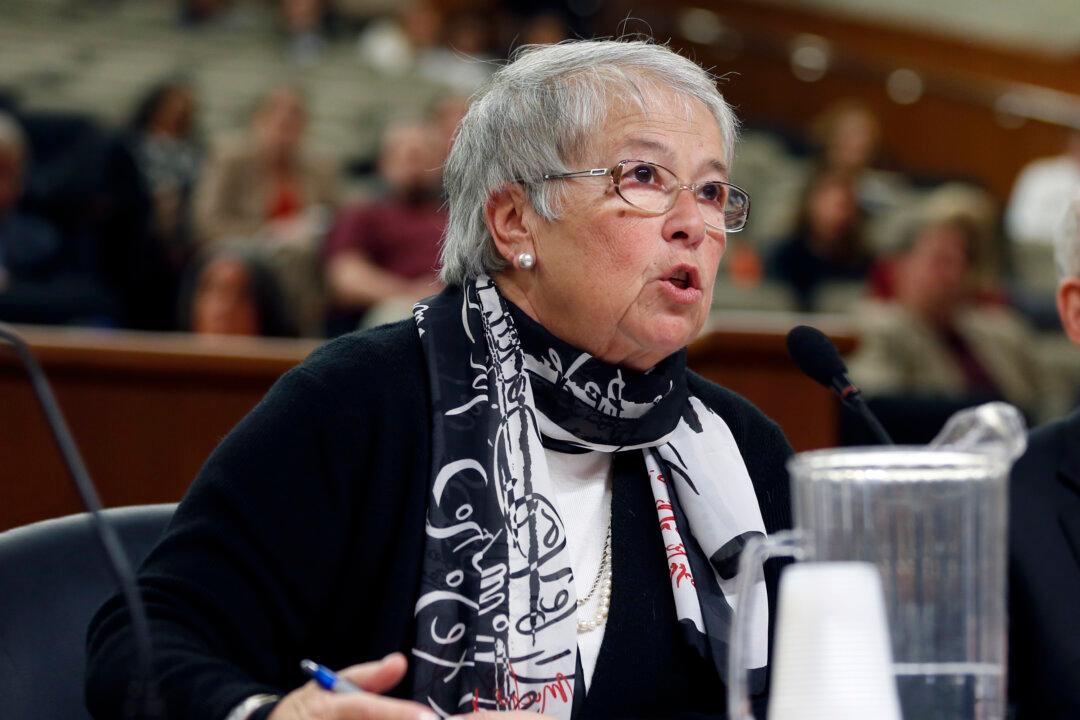NEW YORK—Schools Chancellor Carmen Fariña made Mayor Bill de Blasio’s prekindergarten plan a centerpiece of her Tuesday visit in Albany.
De Blasio needs approval from Albany for a tax hike on wealthy New Yorkers, which he said is essential to fund pre-K in the city. The mayor testified in Albany Monday to build support for his plan.
During her 90-minute testimony before state legislators Tuesday, Fariña said that the city is ready to create 70,000 full-day pre-K seats by September—14,000 more seats that what de Blasio put forth Monday.
Fariña was confident that the city will be able to find both the spaces and the personnel necessary to offer universal pre-K, but acknowledged that parents can’t expect to have pre-K at the same site where their children would continue with kindergarten.
The chancellor also reiterated the mayor’s argument that funding for pre-K needs to be more stable than what Gov. Andrew Cuomo offered in his budget proposal. She reminded the legislators that the city is still waiting for the education funds it was promised by the state five years ago, but didn’t receive because of the recession.
Many legislators started their questioning with congratulations and expressions of satisfaction over Fariña’s appointment as chancellor, but didn’t hold back on questions.
Sen. Jack Martins asked whether the pre-K plan could be financed by eliminating inefficiencies in the city’s current Department of Education (DOE) budget, which according to him amount to nearly $20 billion.
Fariña responded that pre-K, by philosophy, needs to be added on top of the existing budget. “We want add-ons not take-aways,” she said.
She said though, she plans to “look at everything” in DOE and cut unnecessary spending. “My rule of thumb is ... it has to impact the classroom,” she said.
Co-locations
Fariña was asked several times how she would handle co-locations of new schools with existing ones, a practice widely used during the Bloomberg administration, often despite local community opposition.
Fariña said that some co-locations make sense, but shouldn’t be imposed by the DOE and should benefit both the existing and the new school. “How we do them will change dramatically,” she said.
The hearing also lent an ear to testimonies of State Education Commissioner John King Jr., leaders of both state and city teachers unions, and about a dozen other education organizations.





